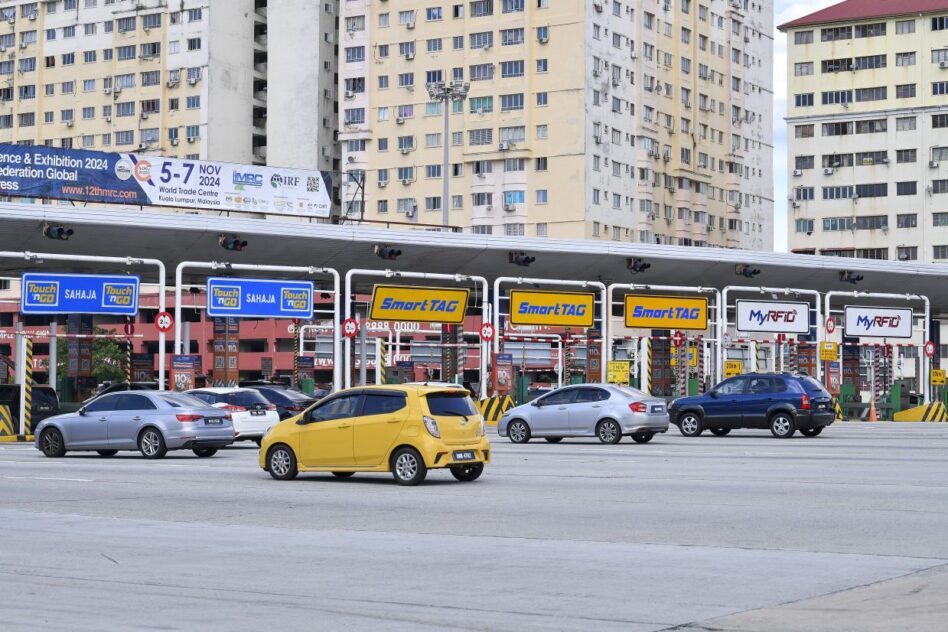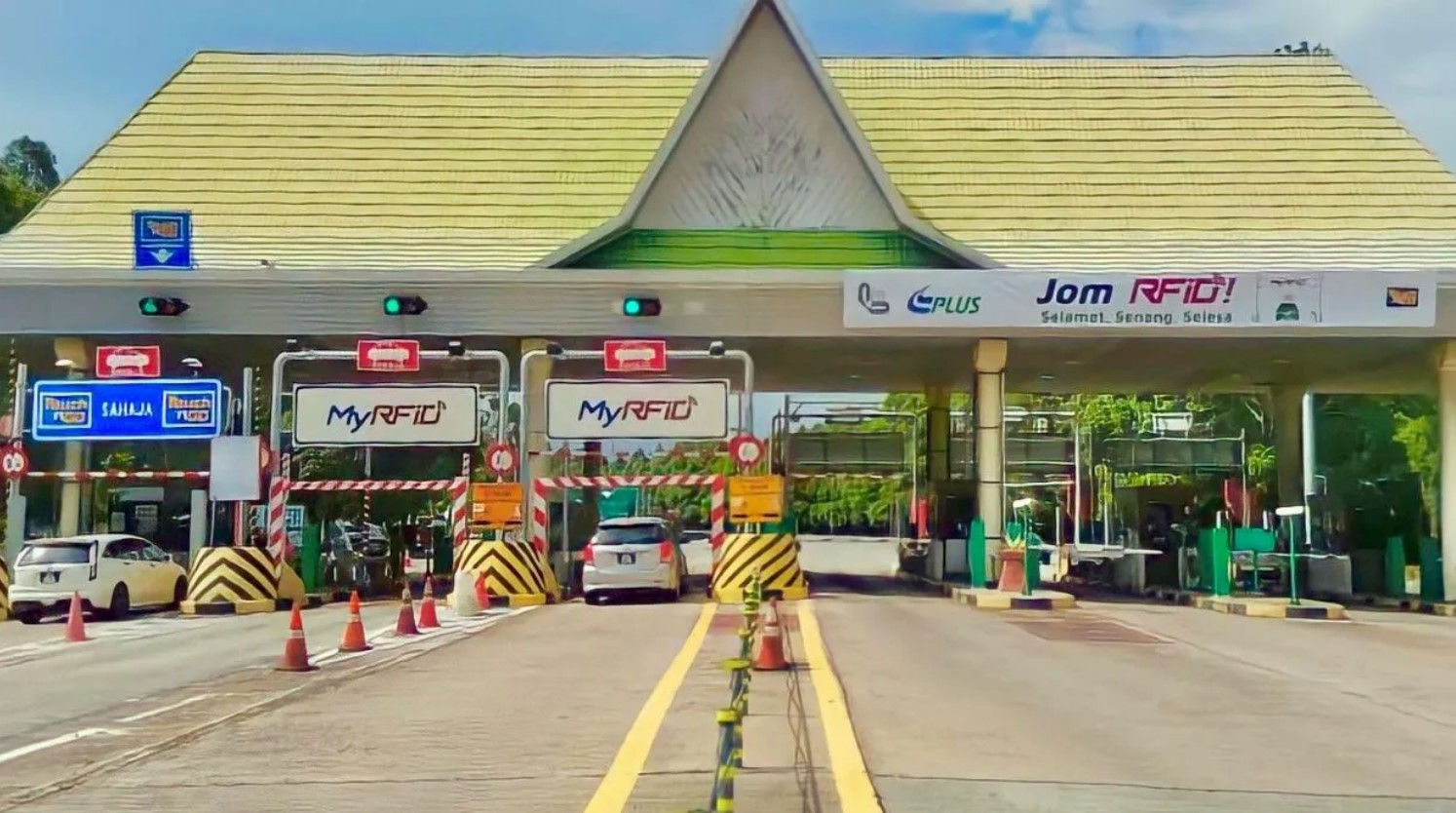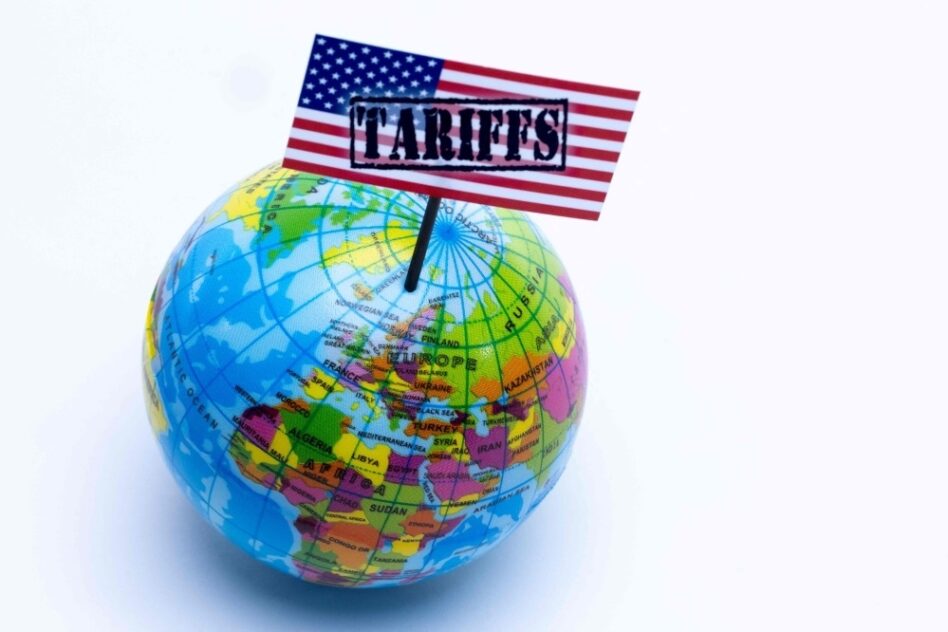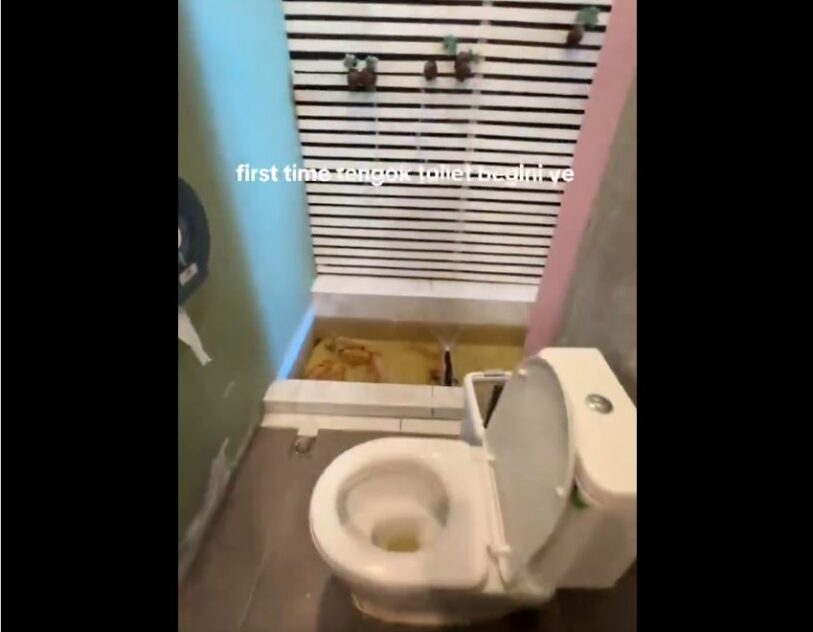PUBLIC funds saved from the abolishment of toll-free travel during the festive seasons should be fully utilised so that the rakyat can experience positive effects rather than perceived drawbacks.
Similar to the diesel subsidy rationalisation, despite the government claiming savings of up to RM7.5 bil, public feedback highlighted concerns about rising goods prices, which are largely attributed to higher transportation costs.
Given these concerns, MCA Youth deputy chairman Mike Chong Yew Chuan suggested that the savings from this exercise be used to improve public transport, specifically the RapidKL LRT and MRT services.
After all, the government is expected to save RM190 mil annually after ending these toll exemptions, according to Works Minister Datuk Seri Alexander Nanta Linggi, who also said that the decision paved the way for a more targeted approach to channel subsidies towards lower-income groups
Recent complaints on Prasarana Malaysia Berhad’s social media platforms point to ongoing issues with the LRT and MRT systems, including delays, overcrowding, breakdowns, and safety concerns,” Chong stated.
“To address these, it’s recommended that the government use the savings to focus on improving train maintenance.”
Chong said enhancing safety around public transport hubs should also be a priority, with the savings potentially be used to increase the presence of Prasarana security personnel in high-crime areas.
“Security could also be stationed outside stations, providing an added layer of protection for commuters,” he suggested.
“Together, these measures would show that the government is committed to addressing public concerns and prioritising the needs of its citizens.”

This sentiment was echoed by a transportation expert who lauded the government’s decision as the toll-free periods did not improve travel in the long run.
“For years, it has created a chaotic rush, overwhelming Malaysia’s highways with millions of vehicles daily, leaving travellers stuck in long, stressful traffic jams,” The Star quoted Wan Agyl Wan Hassan as saying.
The founder of think tank MY Mobility Vision said rather than spending these subsidies on highway operators, the government could spend this money on improving the number and frequency of train and bus services during festive periods.
“Festive seasons bring increased demand for mobility, and this is the perfect time to demonstrate the impact of smarter investments,” he was quoted as saying by the English daily.
“Solving the last-mile problem could make public transport more appealing and alleviate the holiday travel chaos,” he said adding that such initiatives must be coupled with better communication on where these subsidies went.”
Wan Agyl said without a clear and actionable plan to reinvest these funds into better mobility options, the policy risks alienating the public.
“That said, this decision could be a turning point if handled with foresight and care. It’s a chance for the government to lead the way in shaping a more sustainable and efficient transportation system – one that genuinely works for everyone, not just during festivals, but all year-round,” he added. – Jan 24, 2025
Main image: KL Property









